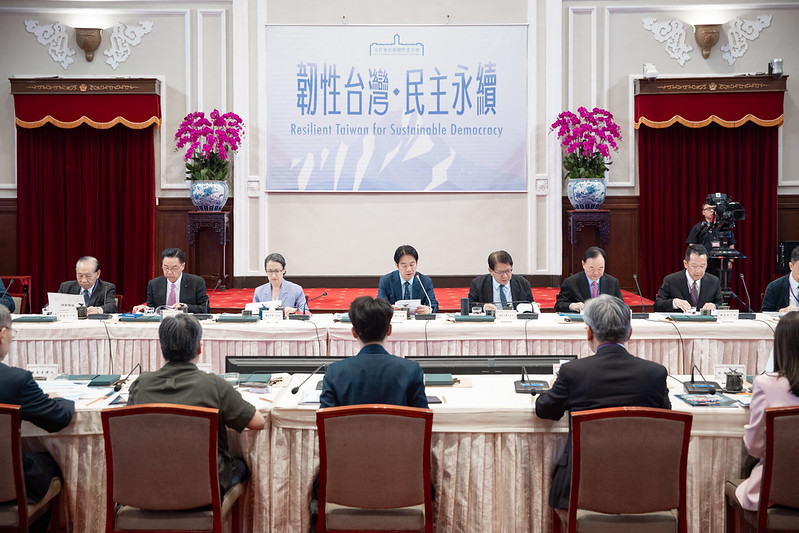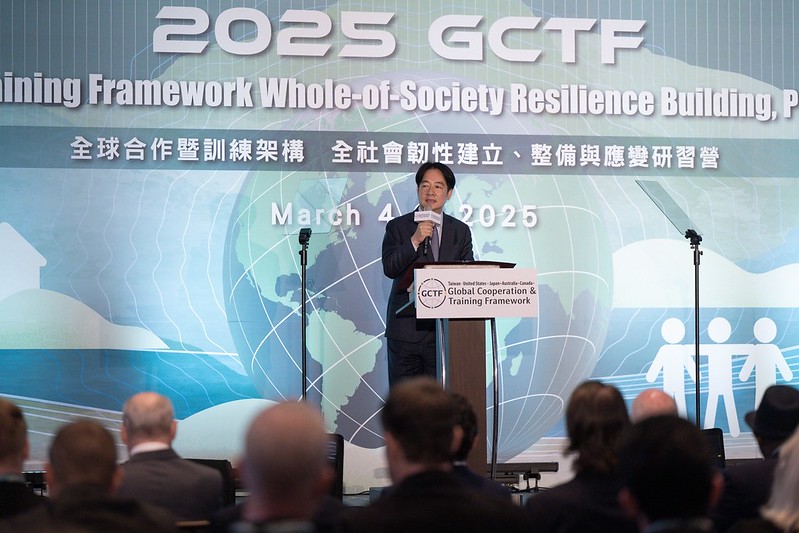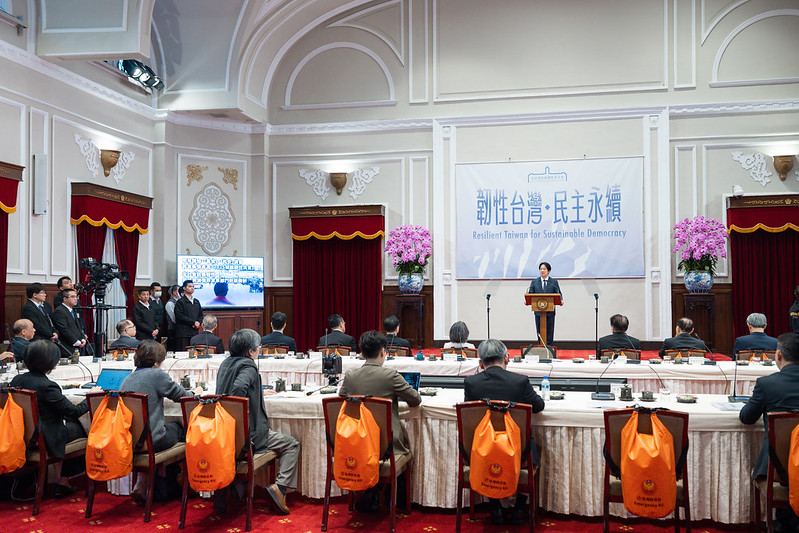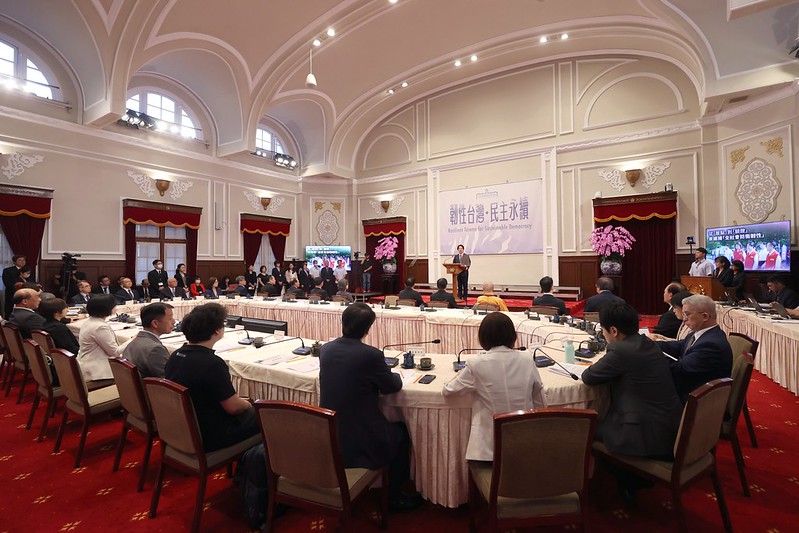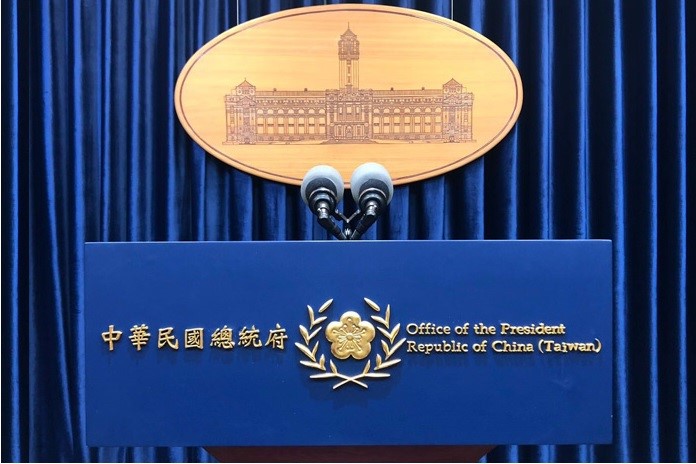News & activities
 News releases
News releases
On April 6, a team of experts from Türkiye arrived in Taiwan to take part in the disaster relief work of the Central Emergency Operations Center using specialized drones, and to share information on their past experience with similar work. Presidential Office Spokesperson Olivia Lin (林聿禪) stated on April 7 that the government and people of Taiwan sincerely thank the government of Türkiye for its concern and assistance, and expressed hope that the force for good displayed in the mutual assistance between Taiwan and Türkiye will continue to circulate throughout the international community.
Spokesperson Lin noted that the government and people of Taiwan provided Türkiye with various types of assistance in February of last year after Türkiye was hit by a devastating earthquake. As a gesture of thanks and friendship, she stated, Türkiye has now dispatched a seven-person team from across the public and private sectors headed by expert Kamil Demirkapu, who on behalf of Türkiye's Directorate General of Civil Aviation administers a testing and training program for the use of drones in international disaster relief operations. The spokesperson said that with the coordination of Taiwan's diplomatic corps, the team has transported Türkiye-built drones and related equipment to Taiwan and is cooperating with the Ministry of the Interior's National Fire Agency. She said the team has proceeded to the disaster area in Hualien to help with relief efforts, and to share information on their past experience with similar work.
Spokesperson Lin noted that immediately after the April 3 earthquake, people from all walks of life in Türkiye promptly expressed condolences, and the government proactively offered to assist with the disaster relief effort. She stated that the government and people of Taiwan are sincerely grateful for this outpouring of kindness from the government and people of Türkiye. Spokesperson Lin expressed hope that the force for good displayed in the mutual assistance between Taiwan and Türkiye will continue to circulate throughout the international community.

